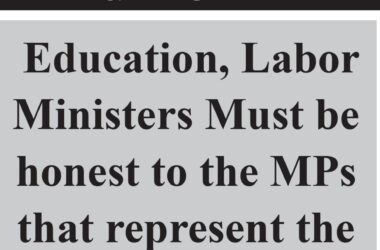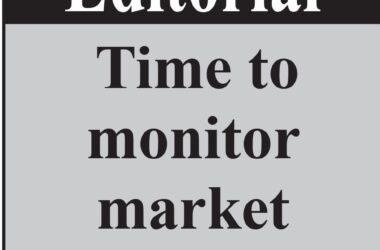
Gun violence in South Sudan is getting out of control, claiming a staggering 877 lives in just six months according to the latest One Citizen Network for Democracy (OCND) “Truth Lab” report. The scale of this crisis mostly fueled by cattle raids, ambushes, and lawlessness raises not only an alarm but calls for decisive action.
This violence is not merely a statistic it is a national tragedy. The deaths of civilians, soldiers, and foreign nationals underscore a deeper, systemic failure. Weak law enforcement, underfunded judicial institutions, and impunity have created fertile ground for lawlessness.
Revenge-driven raids and weak enforcement structures have turned parts of Lakes and Warrap into battlegrounds. Civilian victims are mounting, yet efforts to stem the violence remain fragmented and top-down.
As one activist rightly points out, sustainable peace cannot be brokered through externally imposed dialogues alone.
Locally led initiatives entrenched in community ownership must be prioritized. The government’s responsibility extends beyond military containment; it must invest in agriculture, education, and livelihood opportunities to undercut the socio-economic drivers of conflict.
OCND’s recommendation to strengthen DDR programs, enforce judicial accountability, and implement media literacy initiatives is not just timely; it is essential. Restoration of the rule of law, reducing the circulation of small arms, and countering harmful narratives require coordinated strategy and inclusive governance.
South Sudan’s leadership must choose between reactive cycles of violence and long-term healing. It is only by empowering communities and reinforcing justice that the nation can escape this tragic loop and steer toward durable peace.
South Sudan stands at a crossroads. The current trajectory leads only to more bloodshed. It is time for bold, united action by the government, civil society, and international partners to break the cycle of violence and rebuild the nation’s hope.




